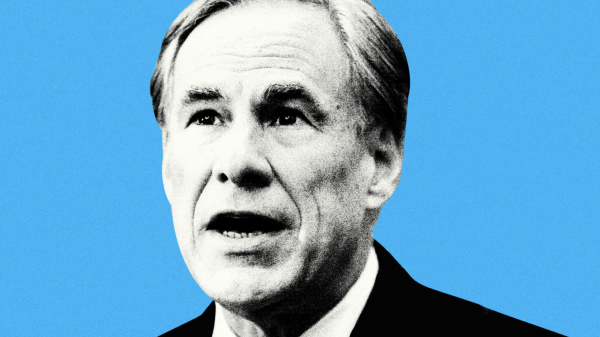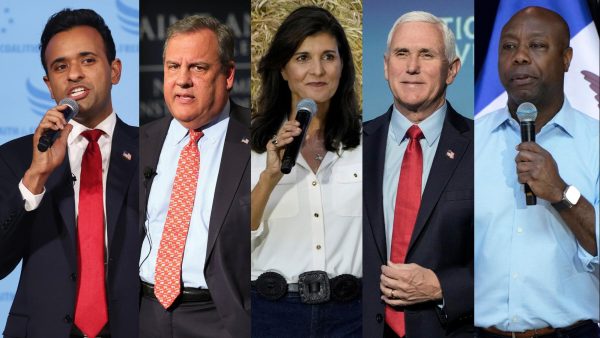A More Connected World: the Future of China under Xi Jinping
April 9, 2018
Recently, China’s president, Xi Jinping, held the quinquennial Party Congress, where he outlined a more global foreign policy. This was new, because China never had much of a foreign policy before. From the 15th to 17th century, China based their foreign policy off of expansion of culture and land. They tried to impress upon nearby Asian countries the Confucian faith, often failing. China also tried to conquer nearby Asian lands under their own. Near the end of the 20th century, President Deng Xiaoping took a different approach to foreign policy, believing that China should “bide their time and never take the lead”. He believed that foreign policy should be at a minimum and China should focus on themselves.
Now under Xi Jinping’s presidency, China seems to be taking a much larger part in global affairs. During his presidency, he has hosted five major summits, and he has also traveled 28 times in a span of four years, more than any other Chinese president has ever done. He has addressed the issue of climate change and has even stated that China was leading the way in stopping it. President Xi Jinping has also commissioned the Belt and Road program that will unite Eurasia through Chinese infrastructure projects and land/sea trade routes. Clearly, Xi Jinping is taking a large step forward in foreign policy and involving China in more global matters.
One opinion is that Xi Jinping is moving away from the ideals of democracy and becoming autocratic. Recently, the Communist Party abolished the term limit, allowing Xi Jinping to rule China indefinitely. This not only puts China under single-party rule but also authoritarian rule. President Xi Jinping believes that China will be going through a lot of change and will need a strong and wise individual to lead it; he thinks that he is the best person for that job. Xi Jinping has also called for National Rejuvenation. He believes that China is falling behind and is going to enact many economic, political, and social reforms to bring China back to its glory days under Mao Zedong. He said that it would not be easy, and that is why they need a strong ruler to lead them during this time of reform and development. Many have critiqued him, including James Zhang ‘21, “Democracy is a government of the people”, but without terms or voting “he is shutting out the voice of the people, and becoming an autocratic ruler.” The way China also presents news and propaganda will always put Xi Jinping in a good light causing little dissent from the Chinese.
On the other hand, some say that Xi Jinping truly is the best option for China. Even though authoritarian rule has not been very successful in the past, if the leader is stable and willing to help the people, he may prove to have strong leadership. Under his presidency, China has undergone a huge technological change. With only a cellphone, people can hail a cab, purchase tickets, and buy groceries. Before Xi Jinping came to power, all of this would have just been a dream. As Nadia Jandal ‘20 says, “Xi Jinping has really changed China for the better by cutting down on corruption, increasing globalization, and improving society as a whole.” His many successes have led people to support him and his future leadership.
What could this mean for the future? Is Xi Jinping abolishing term limits and increasing globalization truly for the greater good of the world, or is he doing this to secure his power in China and increase solely China’s influence? Whether or not President Xi Jinping is doing all of this in the interest of the world or China, China still needs to adapt. The world is constantly changing and whether or not China is up to the task of changing with it is yet to be seen.




